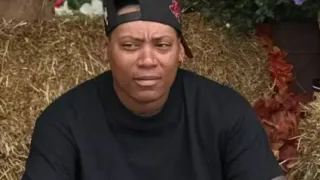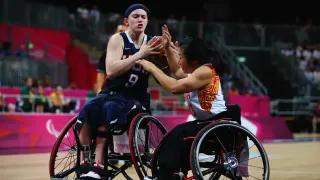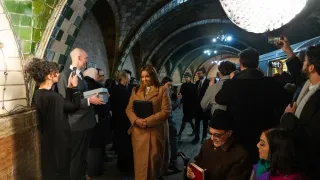October 27, 2017
AIDS Services Foundation's 8th Annual OC Ride for AIDS: Rise for a Reason
READ TIME: 3 MIN.
AIDS Services Foundation Orange County (ASF)-a nonprofit AIDS service organization that has helped more than 7,000 people living with HIV and AIDS in Orange County since 1985-is excited to announce it will be hosting its 8th annual OC Ride for AIDS (OCRA) on Saturday, October 28.
"More than 1.1 million people in the U.S. are living with HIV today, and 1 in 7 of them don't know it- we need to continue reaching people in Orange County and empowering them to make good decisions regarding the risks of HIV," said ASF CEO and Executive Director Philip Yaeger. "OCRA is one of ASF's largest fundraising events; I'm not only looking forward to the beautiful ride, but also to raising funds to help end the HIV/AIDS epidemic in Orange County. I encourage everyone to join us, and ride for a reason!"
A fully supported one-day ride (not a race)�through some of Orange County's most breathtaking scenery, OCRA�offers Century (100 miles), Metric Century (62 miles) and Taste of OCRA (30 miles) rides starting in Irvine at Bill Barber Memorial Park. The route travels through the hills and towns of South OC with amazing stretches along the ocean and open spaces.
OCRA�riders are required to raise a minimum of $125, which includes a $50 registration fee. All money raised goes directly to support the important work of ASF Orange County. Every mile and every dollar counts.
AIDS Services Foundation Orange County (ASF) is a nonprofit AIDS service organization that has helped more than 7,000 people living with HIV disease in Orange County since 1985. ASF serves the local community impacted by HIV and AIDS by providing food, transportation, housing, emergency financial assistance, counseling, education and preventative services.
For more information on OCRA, to register for the ride, or to make a donation, visit the OCRA event page here. For more information on ASF, visit http://www.ocasf.org/.






